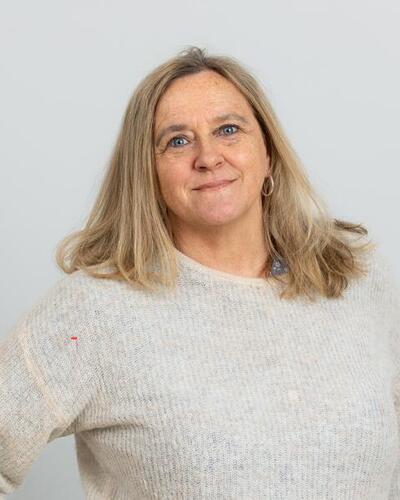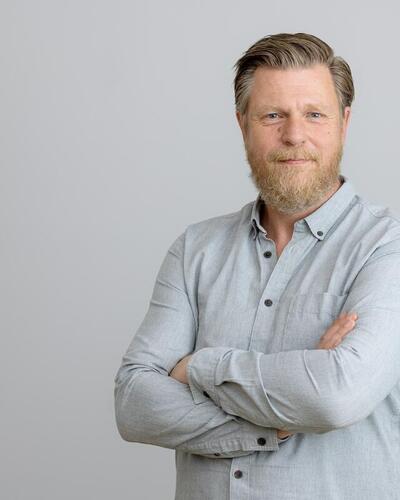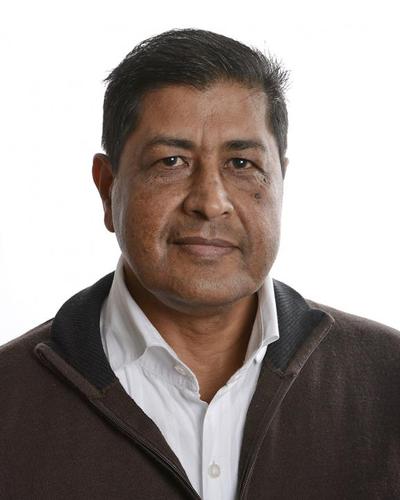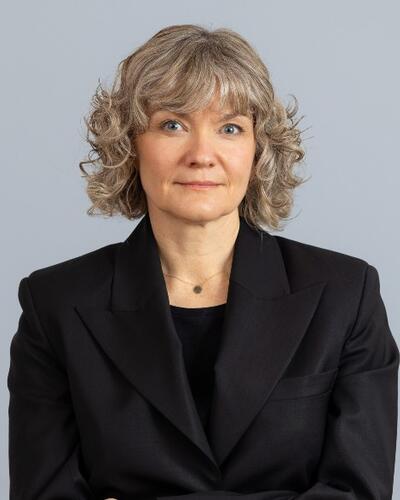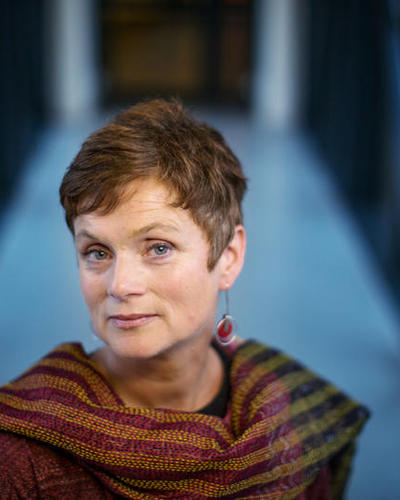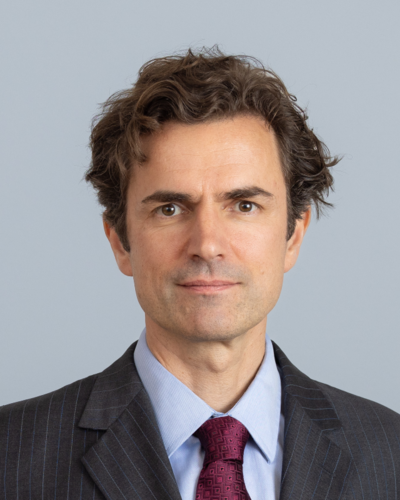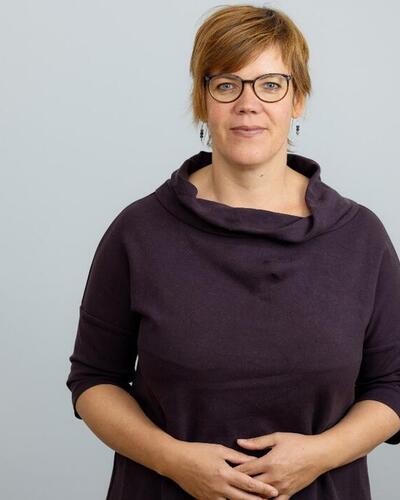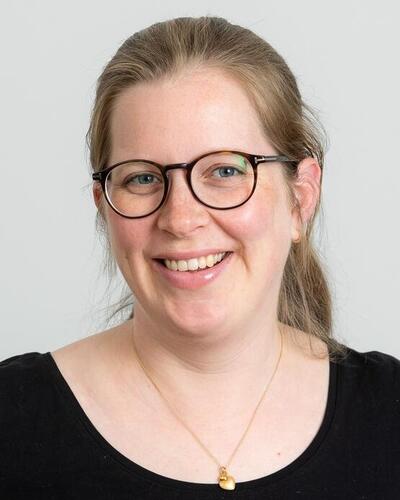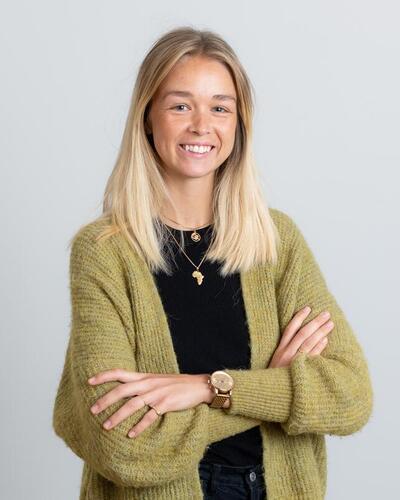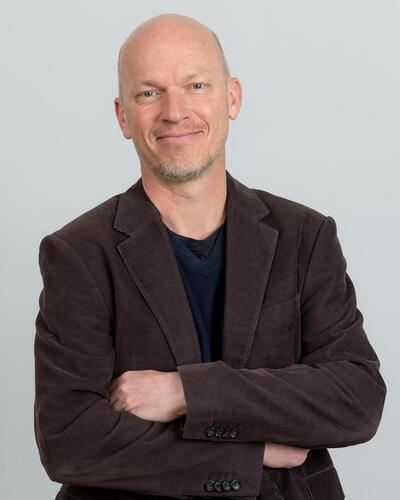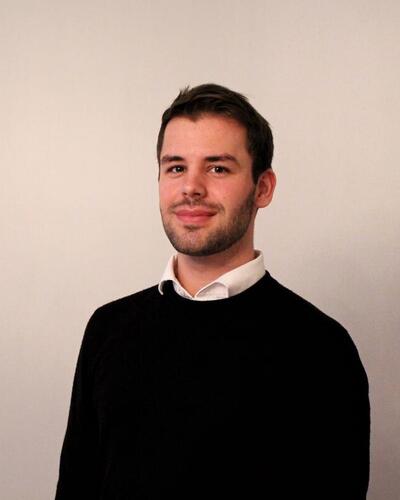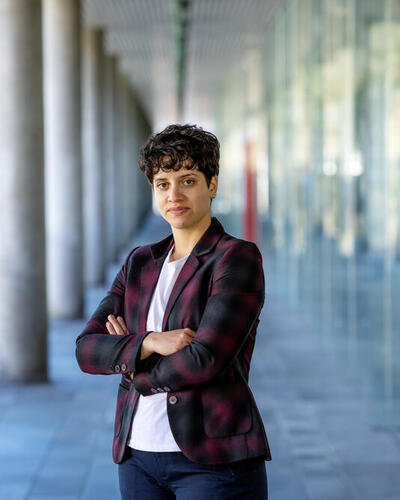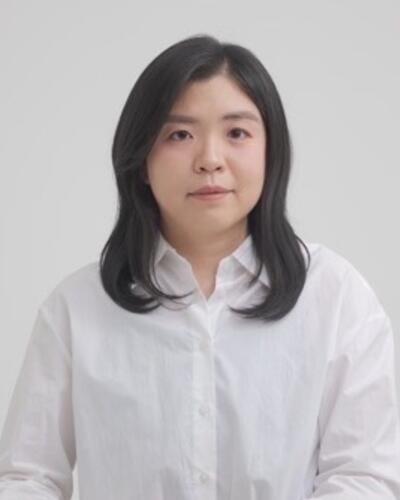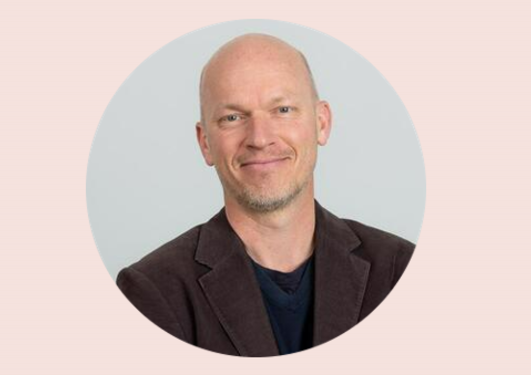Governing Global Challenges
Governing Global Challenges is a research group that explores the governance of global challenges – from migration and food security to pandemics and climate change – as a matter of policy coordination between local, national and international, public and private actors.

Main content
Pressing challenges – including climate change, cybersecurity, gender equality, fake news, migration, or pandemics – confront communities and policymakers across the globe. These pressing global challenges provoke – and require – rapid societal and political attention and solutions, and as the causes and effects transcend national borders, policy action need to coordinate local, national and international, as well as public and private, interventions.
Our research group addresses such complex, global wicked problems at the intersections of public policy, organization, law and politics, and political mobilization theory.
The aim of the Global Politics: Emerging Trends and Debates seminar series is to expose interested faculty, postdocs, PhD students, BA and MA students to innovative and rigorous research. The seminar series presents rigorous scholarly research in a way that is accessible for students and faculty from multiple disciplines. The seminar series will cover a wide range of topics related to global politics, including but not limited to, international relations, global governance, peace and security, democracy, political economy, free speech, and human rights. The seminar series will be held on a regular basis throughout the academic year and will be open to all members of the academic community. The seminar series will provide an opportunity for scholars and students to engage with cutting-edge research in global politics, and to develop new ideas and collaborations. The seminar aims to contribute to the intellectual vibrancy of the Department of Government, and to the broader academic community in Bergen.
Questions guiding our research
- What are the global regimes for governing global challenges such as migration, climate change etc., how have they emerged over time, and why have they developed their specific organizational and policy foci?
- How are the Sustainable Development Goals implemented in specific organisations and places and how can we explain variation over space, time, and policy domains?
- How do local institutions, practices and political struggles interact with the global governance of any one challenge?
- How do governance regimes interact and constrain one another, for example with regard to climate change and climate migration or cybersecurity and conflict?
- How does violence in civil wars affect women’s empowerment and gender relations?
-How can academic institutions in the global south secure that its knowledge grows out of its own culture and contributes to its own development needs?
Master's in Politics and Governance of Global Challenges
The Master’s programme in Politics and Governance of Global Challenges explores the complex multi-level governance of global, and often wicked, problems in the contemporary world such as inequality, climate change, migration, or pandemics. Throughout the program, we analyze the historical development of the transnational system for addressing global challenges and critically examine contemporary interactions between different actors in international, national and local arenas, public and private. Students will develop the knowledge, skills, and competences to understand, analyze, and critically discuss global challenges from a politics and governance perspective, including working towards potential fair and sustainable solutions for addressing the complex issues facing our world today.
More information about this master's programme can be read on this page.
Politics and Governance, Master's Degree
Research projects
Autocratization Dynamics: Innovations in Research-Embedded Learning
“Autocratization Dynamics” aims to further strengthen UiB-CMI LawTransform as a global hub for research at the intersection of law and politics, and as a leading centre for innovations in horizontal research-embedded education, by forging long-term partnerships with leading research and educational institutions in the field. With 12 partner institutions drawn from among the strongest education and research institutions in Brazil, Canada, India, Norway South Africa and the United States, we aim to create new research on the effects of autocratization dynamics across the globe.
The collaboration will secure the advancement of research and education of the highest quality in Norway by developing new interdisciplinary research projects deepening our efforts to understand the role of law in authoritarian dynamics – both in the global south and in the north – and how this plays out in key policy areas. Through innovative research-embedded course developments and student-driven teaching modules Autocratization Dynamics will confront the challenging global environment of competing information streams and where factual information increasingly is politicized and the value of science and academic freedom undermined.
To better understand the challenges posed by autocratization and how legal tools may be used to legitimize undemocratic politics, a key aim of all universities in our consortium is to educate students to become active and critical producers of knowledge. To do so, we aim to create a partnership between researchers and students where the students are in the driver’s seat in the development of courses and research projects. LawTransform has significant experience facilitating horizontal exchange on research ideas between senior and junior scholars; building international, interdisciplinary partnerships on research projects, and cross-faculty and cross-institutional teaching, both face-to face and digital. The project will build on and further develop this.
More information about the research project.
WarEffects
Does violence in civil wars affect women’s empowerment and gender relations? This question is at the heart of WarEffects, a research project (2022-2027) funded by the European Research Council and led by Associate Professor Carlo Koos at the Department of Government at the University of Bergen.
In this project, we will explore if, how, and under what conditions violence in civil wars affects women's empowerment in particular and gender relations more broadly at the subnational and individual level. Empirically, we will combine survey experiments, archival data, GIS, and qualitative field research in Colombia, DR Congo, and Sri Lanka. Our goal is to significantly advance knowledge at the intersection of peace and conflict research, gender studies, and development economics.
More information about the WarEffects research project.
Breaking BAD
African countries are clamping down on democracy, adopting legal restrictions on key civil and political rights that form the basis of democratic rule, including freedoms of association, speech, and information; the ability to choose political leaders; rule of law with recourse to independent courts; and rights and freedoms related to reproduction and family life, gender equality, sexual orientation and gender identity. Domestically, the restrictions privilege some social groups at the expense of other groups, increasing social and economic inequalities and contributing to social unrest and outward migration. Internationally, the African democratic backlash challenges global actors who have pressured developing countries to politically liberalize in the post-Cold War period. Yet, we have insufficient understanding of why this democratic backlash is happening, what the implications are, and which responses are effective under different conditions.
The point of departure of the project is that the backlash is not uniform in terms of what elements of democracy is under pressure, where it is under pressure, how it is under pressure and when this pressure matters. We therefore adopt a disaggregated approach to democracy and a multi method approach.
More information about the Breaking BAD research project.
Decolonizing Epistemologies: Disciplines and the University in Relation to the Society and the World (NORDHED II)
The NORHED II (2021-2026) project Decolonizing Epistemologies is a continuation of a long-term cooperation between the Department of Government and the Makerere Institute of Social Research (MISR), building on the Norhed I - program and the sub- project "Building and reflecting on Interdisciplinary PhD Studies for Higher Education Transformation". Both projects are part of a larger endeavor, designed to contribute to the transformation of and capacity building in higher education. While the first phase focused on graduate education at Makerere University, in Uganda and the region, this second phase aims, in addition, to think through the relation between locality and universality, relevance and excellence, in higher education in a time of "SDG transition". The MISR program is distinguished from all other programs at Makerere and in the region by its interdisciplinary curriculum, its basis in two years of rigorous coursework, and its intellectual orientation towards training students to formulate questions for themselves and not just to answer questions posed by others. The whole of MISR, as an attempt to secure independent knowledge development, is a way of practicing the ideal of "decolonizing epistemology". However, to strengthen this practice, more explicit reasoning around its meaning as a way of organizing knowledge for "epistemological independence" is necessary.
Members and publications
The list of our research group's members' publications is extensive. A full chronological list can be found by clicking on the links to CRISTIN.
| Research group member: | Link to CRISTIN page: |
| Lise Rakner | Lise Rakner's publications on CRISTIN. |
| Simon Neby | Simon Neby's publications on CRISTIN. |
| Ishtiaq Jamil | Ishtiaq Jamil's publications on CRISTIN. |
| Ragnhild Louise Muriaas | Ragnhild Louise Muriaas' publications on CRISTIN. |
| Siri Gloppen | Siri Gloppen's publications on CRISTIN. |
| Zuzana Murdoch | Zuzana Murdoch's publications on CRISTIN. |
| Endre Meyer Tvinnereim | Endre Meyer Tvinnereim's publications on CRISTIN. |
| Regine Paul | Regine Paul's publications on CRISTIN. |
| Agnete Hessevik | Agnete Hessevik's publications on CRISTIN. |
| Andrea Kronstad Felde | Andrea Kronstad Felde's publications on CRISTIN. |
| Carlo Koos | Carlo Koos' publications on CRISTIN. |
| Esther Song | Esther Songs publications on Google Scholar. |
| Serena Nilsson Rabia | Serena Nilsson Rabia's publications on CRISTIN. |
| Sjoerd de Winter | Sjoerd de Winter's publications on CRISTIN. |
